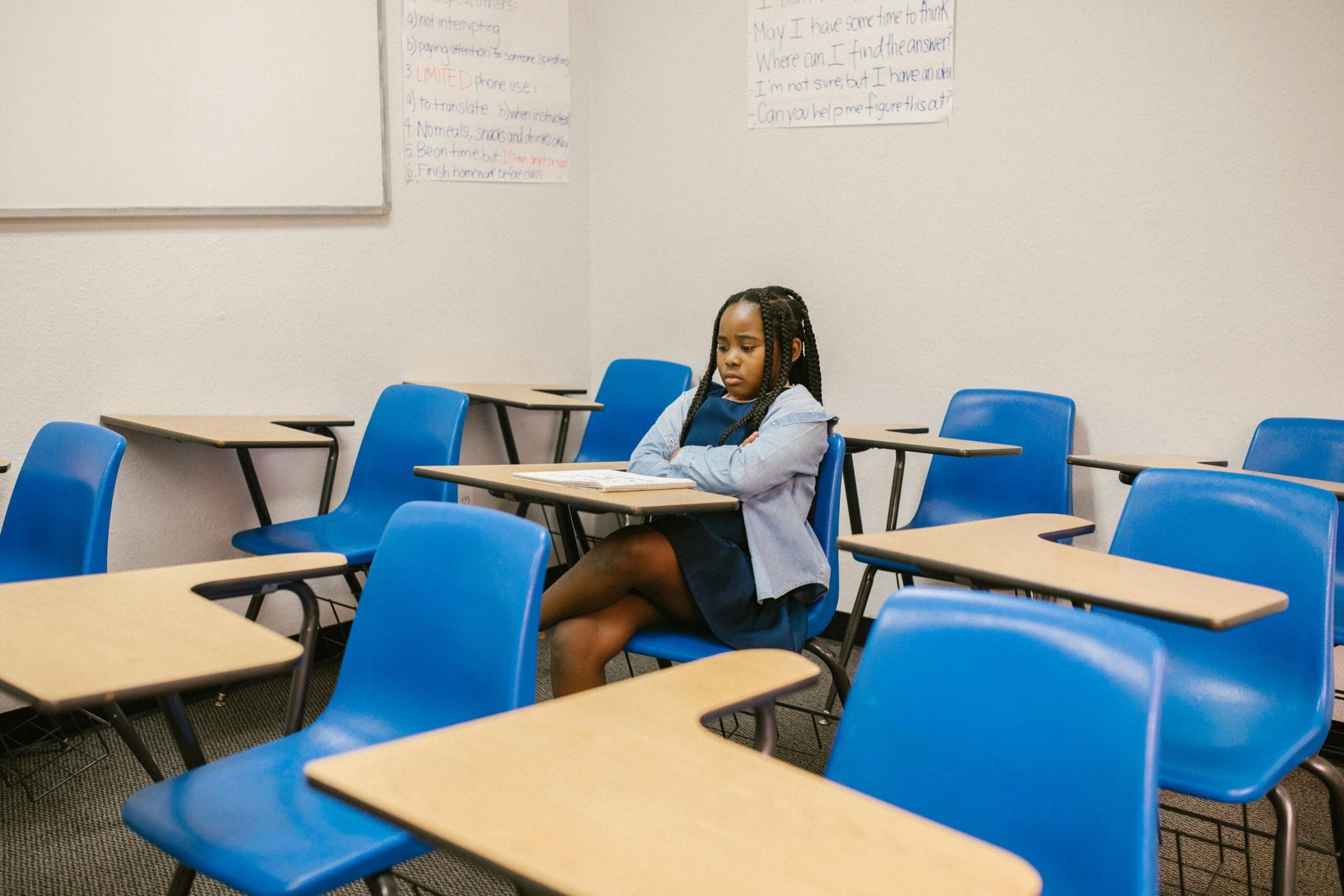Just over a week into the school year, while most learners are settling into classrooms and routines, thousands of South African parents and children are still grappling with the anxiety of unconfirmed school placements. It turns out the excitement of a new academic year is now more of a frustration, as a large number of Grade 1 and 8 learners across the country don’t have a school to go to despite following the application process.
Education expert Professor Mary Metcalfe told Newzroom Afrika that the issue stems from population growth in major urban centres as more people move into cities. This surge is placing immense strain on schools, leaving parents and learners without the placements they need.
The WC is building new schools, but is it too late?
In the Western Cape, over 2,000 learners are still without placement. Education MEC spokesperson Kerry Mauchline shared that, as of 14 January, 118,914 learners had been placed in Grades 1 and 8. However, 2,478 learners are still waiting to set foot in a classroom, with over 300 late applications adding fuel to the fire.
“We understand that this is a stressful and anxious period for parents who are waiting for a place, and we are asking parents to work with us as we try to accommodate their children as soon as possible,” Mauchline said.
To tackle the issue, the province is pulling out all the stops by building nine new schools and 265 additional classrooms, with six schools and 180 classrooms scheduled for completion this January. But with learners still at home 10 days into the term, one can’t help but wonder—are these efforts too little, too late?
Late and inaccurate applications add to the pressure
On the opposite side of the country, the picture is no brighter. In Mpumalanga, according to the Sunday Times, 7,924 learners were still unplaced just two days before schools reopened. Jump forward to yesterday; 3,000 still need to be placed.
Mpumalanga Education MEC Cathy Dlamini pointed out several contributing factors, including parents submitting late applications, a spike in public school enrollments, and families unable to afford independent school fees.
“Parents in some cases refuse placement in schools which have available space. Other parents do not apply on time for admission. All these factors place tremendous pressure on the department, particularly in urban areas where schools are oversubscribed,” Dlamini said.
To make matters worse, the province is struggling with storm damage to 83 schools, further complicating an already dire situation.
Their neighbour to the north, Limpopo, is experiencing similar issues, with 1 692 learners still awaiting placement.
Department provincial spokesperson Mike Maringa says this number is due to applications not meeting the set criteria, but qualifying unplaced learners will be allocated space on or before 29th January 2025.
Are mobile classrooms coming to the rescue?
The Gauteng Department of Education has also had its fair share of challenges, with 30,000 late applications for Grades 1 and 8. Spokesperson Steve Mabona revealed that 99.96% of qualifying applicants with complete applications have been placed, but some are still waiting.
To address the overflow, the department is allocating R207 million to construct 453 mobile classrooms and 73 ablution facilities in high-pressure areas like Tembisa and Naturena. Satellite schools, acting as extensions of overcrowded institutions, are also being set up. While these initiatives show promise, their long-term sustainability is yet to be seen.
Universities are also facing placement problems
It’s not just primary and secondary schools feeling the squeeze. This goes higher up. Universities are facing their own crisis after the matric class of 2024 made history with 337,158 bachelor passes. The problem? Only 202,000 first-year spaces are available across South Africa’s 26 public universities. That leaves over 100,000 students battling for limited spots alongside those who couldn’t secure placement in previous years.
What can we do about it?
Online learning and homeschooling are being looked at more. The school placement crisis isn’t a new problem in South Africa, but could online learning provide a solution?
Online learning and homeschooling are options, offering flexibility and diverse options to meet learner needs. Platforms providing both CAPS and international curricula are on the rise, presenting a solution for families seeking stability amidst the ongoing challenges.
Access to education in SA isn’t a new strife. Government officials may point to many different reasons why our children aren’t setting foot in a classroom, but one thing is clear. Something has to change.



